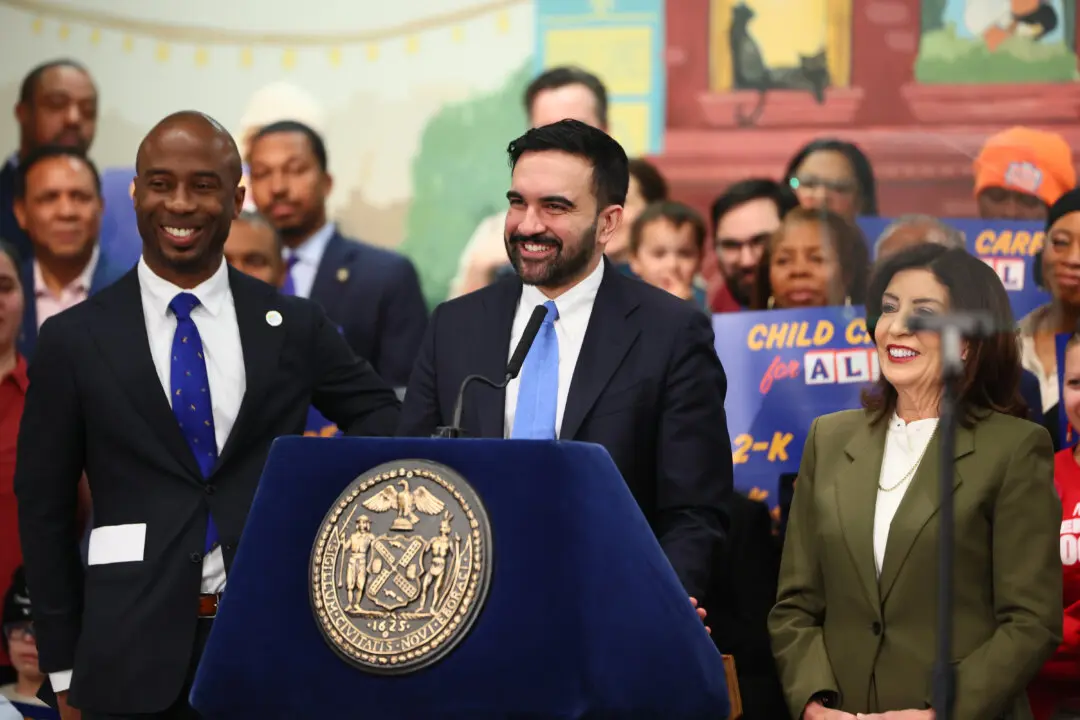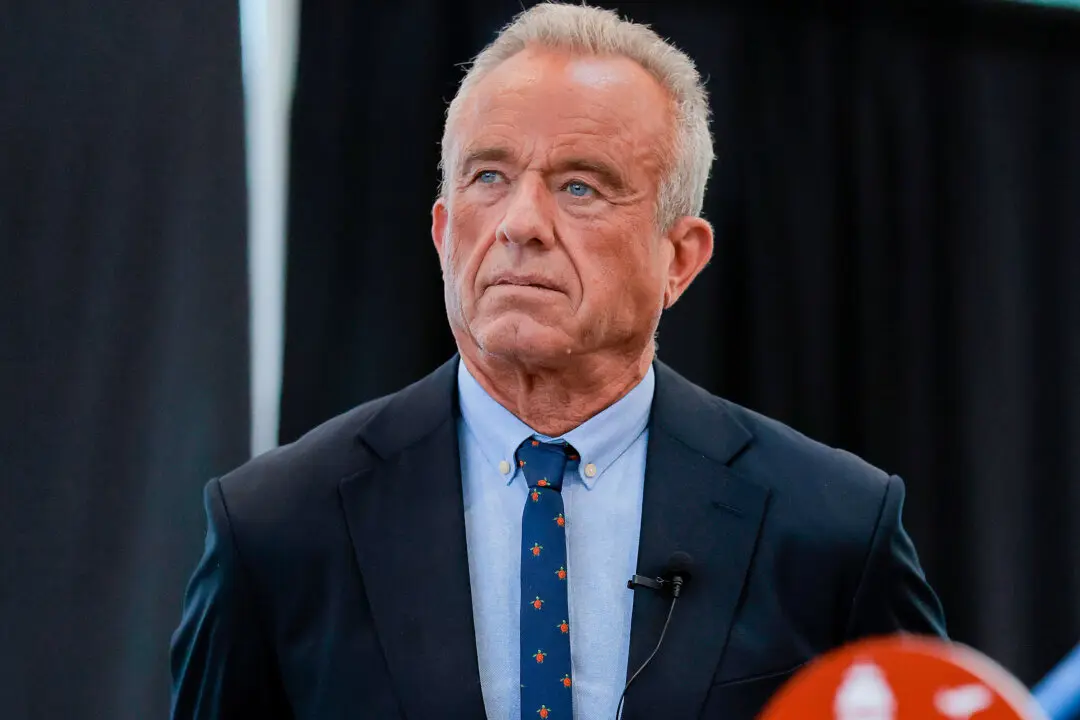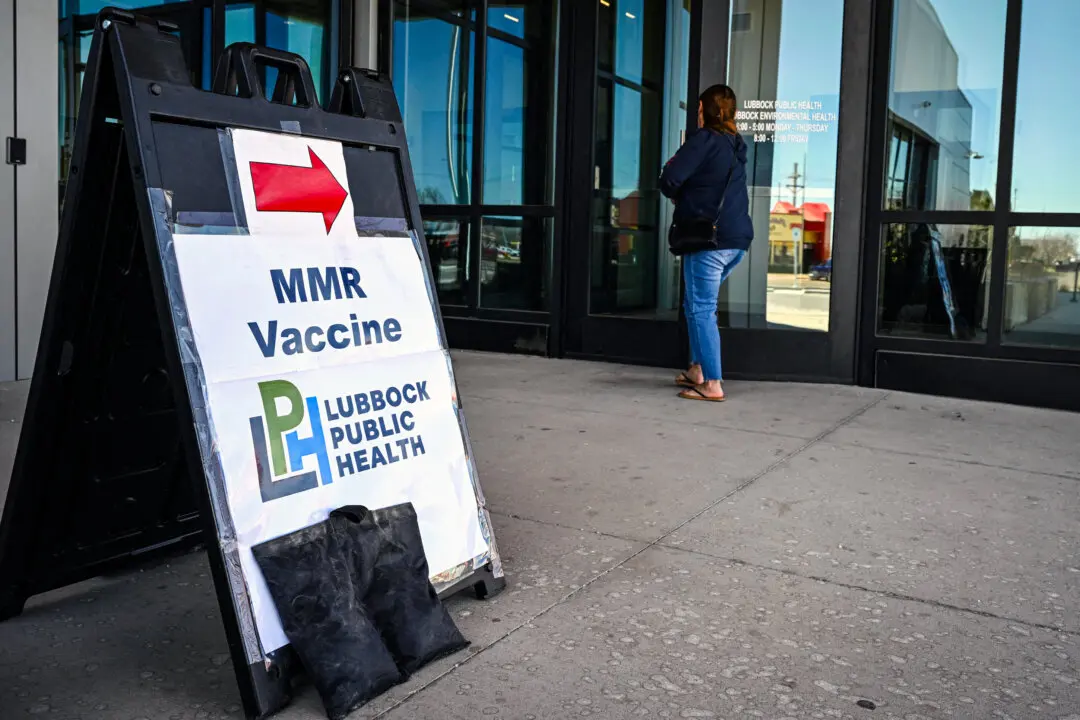Advisers to the U.S. Centers for Disease Control and Prevention are scheduled to vote on adding COVID-19 vaccines to a program for children.
The Advisory Committee on Immunization Practices (ACIP), an advisory panel to the centers (CDC), will vote on Oct. 19 on adding COVID-19 vaccines to the Vaccines For Children program, according to a draft agenda (pdf) for the meeting.





